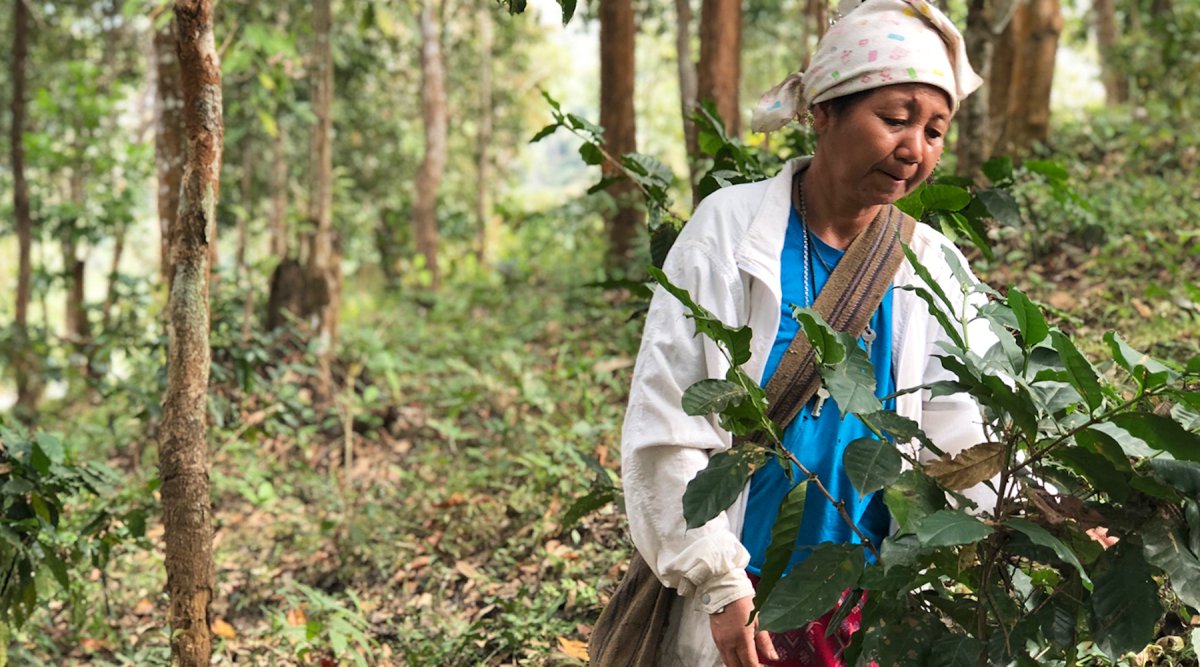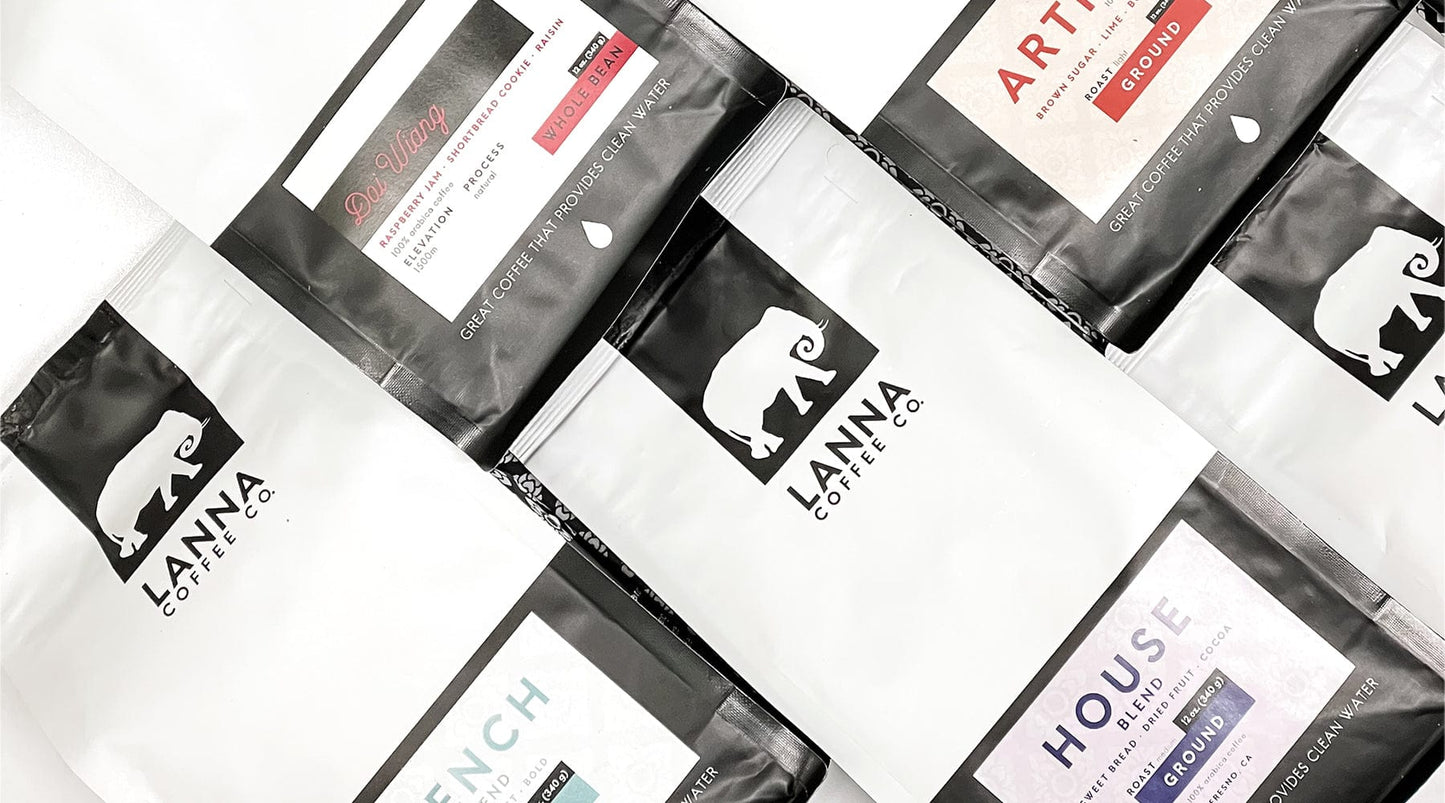
Coffee, a beverage cherished worldwide, has a history in Thailand that intertwines with culture, economy, and the environment. From its humble beginnings to becoming a key player on the global stage, the journey of coffee cultivation in Thailand is a story of innovation, resilience, and community. This article delves into the evolution of this vibrant industry, exploring its historical roots and the transformative journey towards sustainable practices.
The Early Days of Coffee in Thailand
The history of coffee in Thailand dates back to the late 19th century, but it wasn't until the 1960s that coffee cultivation began to flourish. Initially introduced to Northern Thailand by missionaries, coffee was seen as a crop that could thrive in the high altitudes and rich soils of the region. The Royal Project Foundation, initiated by His Majesty King Bhumibol Adulyadej, played a pivotal role in transforming the agricultural landscape. Aimed at eradicating opium cultivation and providing sustainable livelihoods for hill tribes, the project identified coffee as a suitable alternative crop, laying the foundation for the coffee industry in Thailand.
Expansion and Development
Throughout the 1970s and 1980s, the Thai government, along with various NGOs, invested heavily in research and development to support coffee cultivation. These efforts were geared towards improving coffee quality, increasing yields, and promoting sustainable farming practices. As a result, coffee plantations began to expand beyond Northern Thailand, with regions such as Chiang Mai, Chiang Rai, and Mae Hong Son emerging as key production areas. The focus was primarily on Arabica beans, prized for their superior flavor and quality over the more commonly cultivated Robusta beans in other parts of the world.
The Rise of Specialty Coffee
The 1990s marked a significant shift in the Thai coffee industry with the advent of the specialty coffee movement. Thai farmers and producers began to recognize the potential for high-quality, artisanal coffee products. This period saw the introduction of innovative processing methods, such as honey and natural processes, which enhanced the unique flavors of Thai coffee. Additionally, the establishment of coffee cooperatives and associations facilitated knowledge sharing among farmers, improving cultivation techniques and sustainability practices.
Sustainability and Ethical Sourcing
In recent years, sustainability and ethical sourcing have become central to the Thai coffee narrative. With an increased global awareness of environmental issues and fair trade practices, Thai coffee producers have embraced organic farming, shade-grown coffee cultivation, and direct trade partnerships. These initiatives not only contribute to environmental conservation but also ensure that the benefits of coffee cultivation are equitably shared with local communities and smallholder farmers.
The Role of Coffee in Thai Culture
Coffee cultivation has also left a profound impact on Thai culture and society. Coffee shops and cafes have become vibrant community spaces, fostering social interaction and creativity. Moreover, the coffee industry has empowered rural communities, providing them with a sustainable source of income and encouraging the preservation of local traditions and ways of life.
Challenges and Future Prospects
Despite its success, the Thai coffee industry faces several challenges, including climate change, market volatility, and the need for continued innovation in farming practices. Addressing these challenges requires a concerted effort from all stakeholders, including farmers, government agencies, NGOs, and consumers. Looking ahead, the focus is on enhancing the resilience of coffee communities, promoting environmental sustainability, and further elevating the profile of Thai coffee on the global stage.
Conclusion
The journey of coffee cultivation in Thailand is a testament to the country's ability to embrace change and innovate. From its royal beginnings to its current status as a specialty coffee producer, Thai coffee has carved out a niche for itself, renowned for its quality, diversity, and ethical production values. As we look to the future, the story of Thai coffee continues to evolve, promising new flavors, experiences, and opportunities for all those involved in this dynamic industry.


